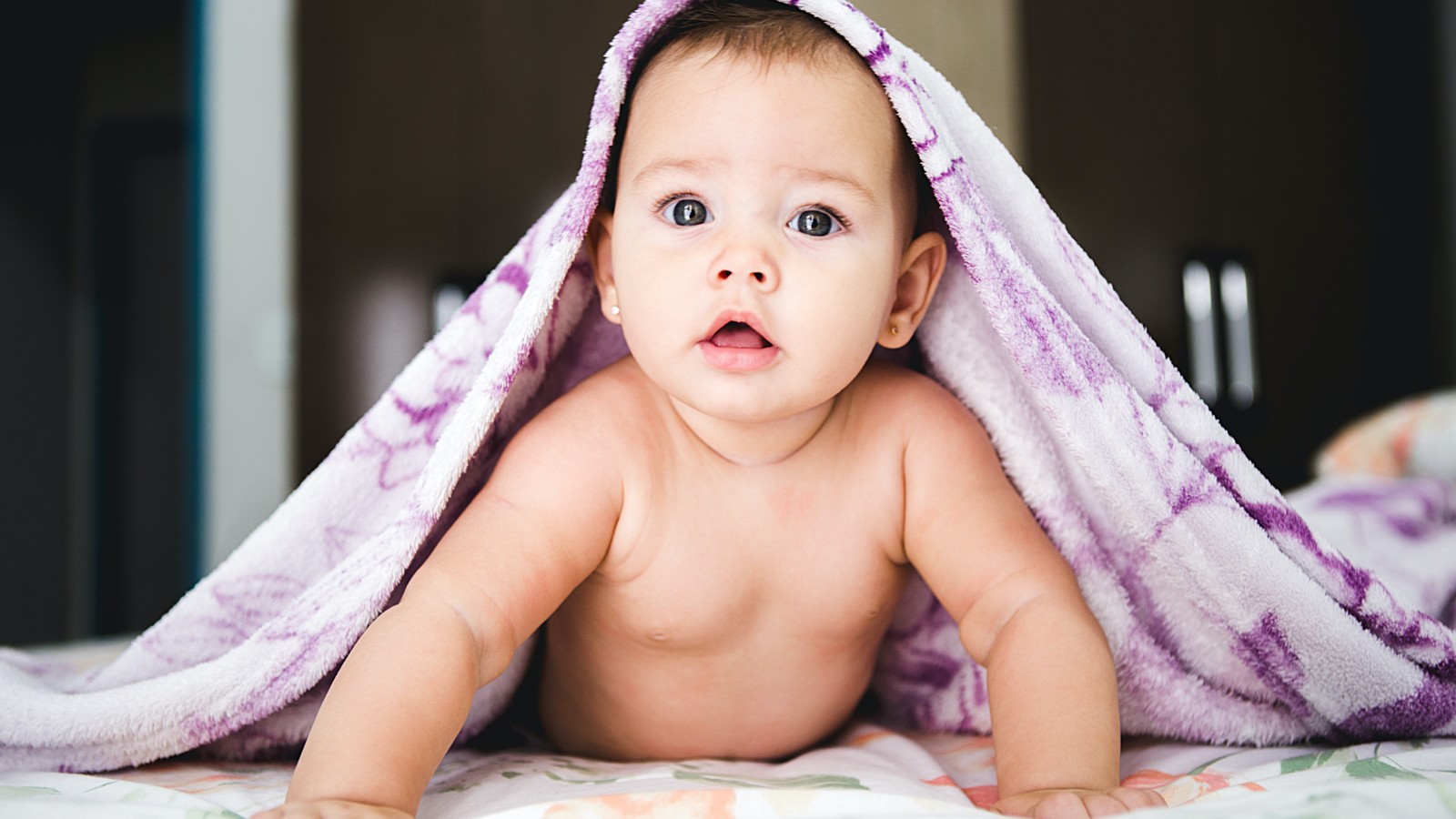The notion of labeling children growing up during the pandemic as “Gen C” is unsettling. If this label takes hold, it could follow them throughout their lives and define their generation.
We need to ask ourselves how carrying the label of “Gen C” could affect children throughout their lives. Labels are impactful, and a label defined by trauma could perhaps bring to bear the very fears from which the term arose. The burden of a generational label defined by the pandemic may manifest in different ways throughout development as children form their identities. Like a self-fulfilling prophecy, many children may embody the stereotypes linked to their “Gen C” label. They may come to see themselves as others define them.
“It’s up to a child to define who they are, not society. Labels lead to stereotypes, stigmas, and perceived expectations. They affect how we behave and treat others,” commented Reena B. Patel, licensed educational psychologist, board certified behavior analyst, and author of Winnie & Her Worries.
The term “Gen C” first arose in an article published as the pandemic was rapidly gaining momentum. Underlying this label is the fear that many parents and experts share that the pandemic will reshape childhood as we knew it. The popularity of a recent Tik Tok video highlights the anxiety many parents of young children are facing. In the video, a baby stares at the camera as their dad sings, “If you’re a pandemic baby and you’ve been in quarantine your whole life so you get overstimulated by everything cause all the strangers that you see have masks on, and you’ve never really had a playdate in your life, clap your hands.”
Children’s labels affect parents too. Parents’ anxiety over the pandemic’s impact on children can be reinforced by comments like, “How cute! A COVID baby!” Even if a comment seems benign on the surface, it reminds the parent of how others see their child. Parents have been under tremendous pressure over the course of the pandemic to somehow keep their children’s development on track. A generational label would extend that pressure, acting as a persistent reminder of how the pandemic interrupted their child’s development.
Research in the past several decades has uncovered just how impactful early life stress is for children’s development. The pandemic has been an acute and unrelenting source of stress for many families, especially for those living in conditions of poverty. The intensity and sustained nature of the stress of the pandemic and social isolation will likely have long term impacts on children’s mental health, sedentary behavior, and social emotional development. Parents’ top concern is that children are missing out on opportunities to interact with friends, according to a nationally representative survey conducted by Learning Heroes. The full extent of the psychological impacts of the pandemic will take years to understand. With such uncertainty, many parents continue to fear for their children’s social emotional development.
Generational labels describe a shared historical and cultural context experienced by a group of people born around the same time. However, people sharing a generational label are neither a cultural monolith, nor are they restricted to identifying solely with the label associated with their birth year. Although the boundaries defining generational labels may be fuzzy, their power lies in how they lead many people to see themselves and how others see them For example, the results of a recent study suggest that the label “Baby Boomer” reinforces stereotypes and negatively impacts how people view older colleagues in the workplace.
On the other hand, it is also possible that a “Gen C” label could become a badge of honor for some children, marking their resilience in overcoming the pandemic. Children are sensitive to nonverbal cues like posture, eye contact, and gestures, as well as auditory qualities of speech like tone. What if because of masks, the next generation is even more sensitive to this type of social information than past generations? Still, for other children the label may be a lifelong reminder that others see them as having suffered irreversible psychological harm.
The impact of the pandemic on children’s development will be different depending on what resources families have at hand. It is vital that we target support towards the children who need it most. Defining a generation as if all children experienced the same degree of trauma during the pandemic does a disservice to those who truly need immediate and sustained intervention.
If society wants children to thrive, let’s not label them in a way that suggests to them that they are somehow deficient. Let’s allow children to define themselves.
References
Campbell, S. M., Twenge, J. M., & Campbell, W. K. (2017). Fuzzy but useful constructs: Making sense of the differences between generations. Work, Aging and Retirement, 3(2), 130-139.
Castelli, L., De Dea, C., & Nesdale, D. (2008). Learning social attitudes: Children’s sensitivity to the verbal and nonverbal behaviors of adult models during interracial interactions. Personality and Social Psychology Bulletin, 34, 223–237.
Cox, C. B., Young, F. K., Guardia, A. B., & Bohmann, A. K. (2018). The Baby Boomer bias: The negative impact of generational labels on older workers. Journal of Applied Social Psychology, 48(2), 71-79.
McKown, C, Gumbiner, L.M., Russo, N.M., & Lipton, M. (2009). Social-emotional learning skill, self-regulation, and social competence in typically developing and clinic-referred children. Journal of Clinical Child & Adolescent Psychology, 38(6), 858–871.
Sauter, D. A., Panattoni, C. & Happé, F. Children’s recognition of emotions from vocal cues. British Journal of Developmental Psychology 31, 97–113 (2013).
Yong, E. (2020, March 25). How the pandemic will end. The Atlantic. Retrieved from https://www.theatlantic.com/health/archive/2020/03/how-will-coronavirus-end/608719/


